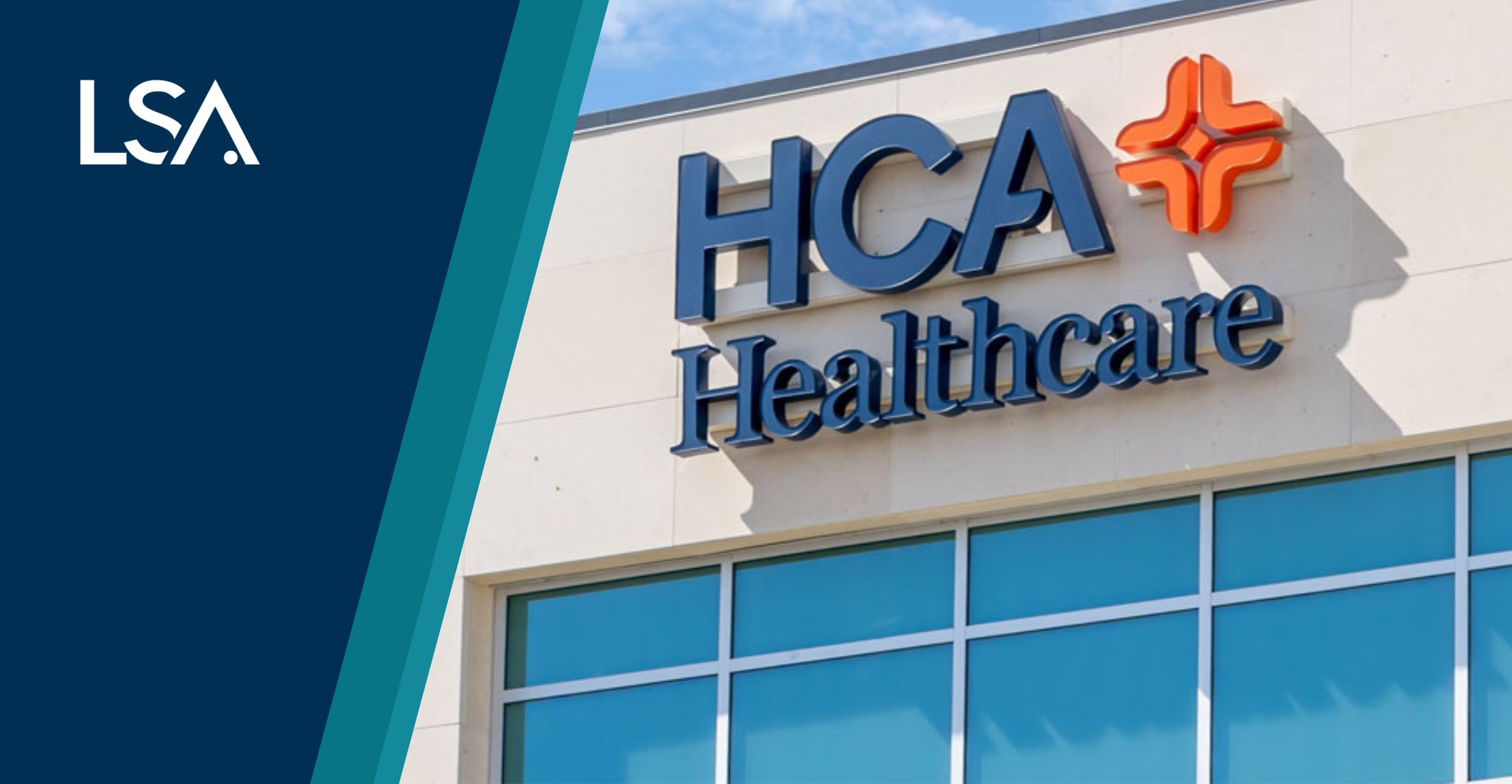In palliative care, where every word matters, effective and empathetic communication forms the cornerstone of high-quality holistic services. For patients and families with limited English proficiency (LEP), language barriers can severely impede understanding, erode trust, and diminish dignity.
In an article from Hospice News, an NHPCO spokesperson said, “Trust serves as the center point for whether patients and the community utilize hospice care or not. Trust shows up in different forms, like language and consistency in what the hospice organization states that their resources are. The other key factor is that providers are not having the important discussions early on, [likely] because of the lack of managing language barriers and staff who can relate to the patient and family and help build trust.”
Partnering with an experienced language service provider, like Language Services Associates (LSA), makes it easier for your team to connect patients and families with the language access they deserve at every touchpoint. Whether it’s quick access to phone, video, or onsite interpreters—or built-in connections through the Epic Toolbox—LSA helps your team reach the right support quickly, when families need it most.
Implementing professional interpretation and translation services is not just an advantage; it’s an indispensable component of delivering fair, ethical, and patient-focused palliative care.
In this guide, we’ll explore why communication is at the heart of palliative care, the real impact of language barriers on patients and families, and how practical solutions like LSA’s can help your team provide more equitable, compassionate care.

Communication Is Care
Language barriers significantly hinder access to vital palliative care, result in lower hospice utilization, and limit essential conversations about care goals.
In many cases, this starts before LEP patients have even had a chance to consider their care options.
Palliative care encompasses intricate conversations about symptom management, care objectives, advance directives, and end-of-life decisions. These discussions are profoundly personal and emotionally charged. Without the assistance of professional interpreters and translators, patients risk missing vital information or feeling excluded from their own healthcare experience.
And the risk doesn’t stop there. Patients with LEP are twice as likely to experience medical errors due to communication issues.
When patients get assistance in their own language, they can:
- Clearly understand their diagnosis and treatment options
- Communicate their values, cultural beliefs, and personal goals
- Actively participate in shared decision-making
This not only leads to improved clinical outcomes but also better emotional well-being for both patients and their families.
LSA’s integration with Epic and Toolbox designation provides instant access to medical interpreters directly through your EHR.
Cultivating Trust Through Cultural Competence
In a study about clinicians’ awareness of language access and barriers, 95.6% of clinicians surveyed agreed that language barriers and cultural differences impact patient care.
Overcoming these barriers requires more than language proficiency. Interpretation goes beyond words; it involves understanding emotions, culture, and context. Even if you have bilingual staff available, they may struggle with these nuances.
Skilled medical interpreters, particularly those with a background in palliative care, recognize the critical role of tone, empathy, and cultural awareness.
Their involvement:
- Averts miscommunication that could lead to mistrust or anxiety
- Bridges cultural divides that can impact decision-making and perceptions of illness
- Fosters a strong therapeutic partnership between the care team and the patient/family
This vital human connection, created through accurate and compassionate communication, lies at the heart of palliative care.
LSA’s expert medical interpreters are carefully vetted, ensuring they have the experience and background to provide critical language services in situations that require sensitivity, cultural competence, and a clear understanding of medical terminology and nuances.
Maintaining Ethical and Legal Standards
Utilizing professional language services is not only a best practice, but also a legal requirement. Title VI of the Civil Rights Act, along with various state health regulations, mandates that individuals with LEP have meaningful access to services.
Neglecting to provide interpretation can lead to:
- Insufficient informed consent
- Violations of confidentiality
- Higher chances of medical errors and liability issues
It is crucial to avoid using family members, particularly children, as interpreters. This practice can be emotionally inappropriate, often inaccurate, and carries significant legal risks.
Additionally, using untrained bilingual staff presents the same issues. If you have bilingual staff you would like to use as ad-hoc interpreters, LSA offers Language Assessments and Testing. These assessments test language proficiency and determine if your employee meets the requirements set forth by The Joint Commission and Section 1557 of the Affordable Care Act.

Assisting Families in Navigating Difficult Decisions
Palliative care isn’t just for the patient, it’s also for their family. Access to language services enables families to:
- Receive clear updates and guidance
- Engage in care planning and decision-making
- Feel empowered and respected during an extremely challenging time
Providing translated materials—like POLST (Physician Orders for Life-Sustaining Treatment) forms, pain management instructions, or grief resources—offers clarity and solace that extends beyond the bedside.
When families need support, they often need it in the moment. Our interpreting services, like Over the Phone Interpretation, allow for fast access to interpreters to reach a family at home. LSA has expanded its OPI service with features and add-ons like Reverse Call Flow and Scheduled OPI, by connecting directly to an interpreter via a toll-free number before calling your facility.
How a Partnership with LSA Improves Palliative Care for Doctors, Clinicians, and LEP Patients
Palliative care isn’t just clinical work—it’s deeply human work, guiding patients and families through moments that will stay with them forever. By incorporating interpretation and translation services into your processes, you help eliminate disparities and reinforce the message that every patient is valued, regardless of language or background.
We know that busy teams often worry about adding “one more thing” to their workflow. That’s why LSA focuses on making language support easy to access, whether through quick phone or video connections, built-in access in the Epic Toolbox, or tools designed to fit the way your team already works.
LSA has served hospital and healthcare facilities’ interpretation and translation needs for over three decades, delivering medical language services around the clock through all modalities. Palliative care requires more than just an interpreter, it requires experienced experts capable of providing comprehensive care, 24/7/365. LSA’s medical interpreters are carefully vetted and provide the highest level of support to staff and LEP patients.
Behind the scenes, our technical team works to keep services fast, secure, and user-friendly. We develop our own applications and software explicitly tailored to our clients and over the phone and video remote interpretation services.
With an ever-expanding suite of language services, LSA outfits your team with the language tools you need to deliver optimal palliative care for your LEP patients. Our open API allows for integration with all major telehealth platforms, and LSA’s designation in the Epic Toolbox affirms that LSA uses the required technologies that meet Epic’s recommended integration pattern for next-level service through your EHR.
We also offer unique tools like AI Video Dubbing to create natural-looking patient education or instructional videos in over 75 languages, so patients and families can better understand their care.
Prioritizing language access is not merely an additional task — it’s essential to protecting patient well-being and making sure every family feels seen, heard, and cared for when it matters most.
LSA’s full suite of language services.

Telehealth
Solutions
Language Assessments
& Testing

AI Video
Dubbing
AI Machine
Translation+
AI
Interpretation
Interpreter Scheduler
Ready to upgrade your palliative care service with advanced technology and language solutions?





















